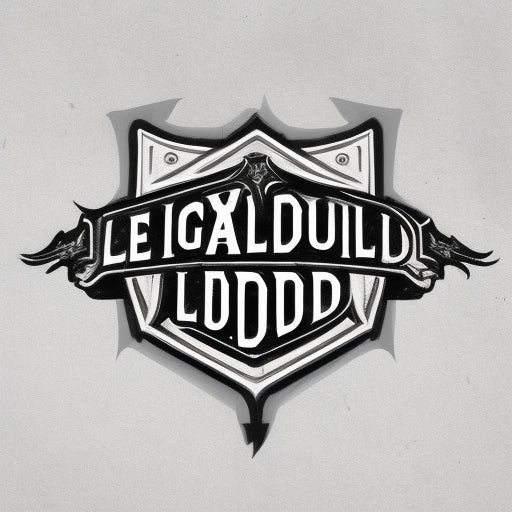
"Any sufficiently advanced technology is indistinguishable from magic"
Share
Arthur C. Clarke, one of the most acclaimed science fiction writers of the 20th century, was not just a visionary storyteller, but also a futurist whose ideas had a profound impact on the development of modern technology. From satellites to artificial intelligence, his work inspired many of the technological advancements that we take for granted today.
Born in Somerset, England in 1917, Clarke was fascinated by science and technology from a young age. While working as a radar specialist during World War II, he began writing science fiction in his spare time. His breakthrough work was the 1951 novel, "The City and the Stars," which explores the themes of artificial intelligence and post-human evolution.
Clarke's quote on magic, "Any sufficiently advanced technology is indistinguishable from magic," is one of his most famous sayings, and it highlights his belief that science and technology can be awe-inspiring and have the power to transform our world.
In the realm of artificial intelligence, Clarke's ideas were ahead of his time. In his 1968 novel, "2001: A Space Odyssey," he introduced the concept of HAL 9000, a sentient computer that becomes uncooperative and ultimately poses a threat to the astronauts on their space mission. This idea of a self-aware computer was groundbreaking at the time and served as a precursor to modern AI research.
Clarke's influence can be seen in a number of technological developments. For example, in 1945, he proposed the idea of using geostationary satellites for global communication, an idea that would eventually become a reality with the launch of Telstar in 1962. Clarke was also a proponent of the potential of virtual reality for education and entertainment, decades before the technology would become widely available.
Arthur C. Clarke's legacy remains important not only for science fiction fans, but also for scientists, engineers, and designers who continue to study and create new technologies that push the boundaries of what we thought was possible. By embracing the potential of technology and using his imagination to envision its future possibilities, Clarke became a true visionary whose works continue to inspire and influence us today.
Born in Somerset, England in 1917, Clarke was fascinated by science and technology from a young age. While working as a radar specialist during World War II, he began writing science fiction in his spare time. His breakthrough work was the 1951 novel, "The City and the Stars," which explores the themes of artificial intelligence and post-human evolution.
Clarke's quote on magic, "Any sufficiently advanced technology is indistinguishable from magic," is one of his most famous sayings, and it highlights his belief that science and technology can be awe-inspiring and have the power to transform our world.
In the realm of artificial intelligence, Clarke's ideas were ahead of his time. In his 1968 novel, "2001: A Space Odyssey," he introduced the concept of HAL 9000, a sentient computer that becomes uncooperative and ultimately poses a threat to the astronauts on their space mission. This idea of a self-aware computer was groundbreaking at the time and served as a precursor to modern AI research.
Clarke's influence can be seen in a number of technological developments. For example, in 1945, he proposed the idea of using geostationary satellites for global communication, an idea that would eventually become a reality with the launch of Telstar in 1962. Clarke was also a proponent of the potential of virtual reality for education and entertainment, decades before the technology would become widely available.
Arthur C. Clarke's legacy remains important not only for science fiction fans, but also for scientists, engineers, and designers who continue to study and create new technologies that push the boundaries of what we thought was possible. By embracing the potential of technology and using his imagination to envision its future possibilities, Clarke became a true visionary whose works continue to inspire and influence us today.












